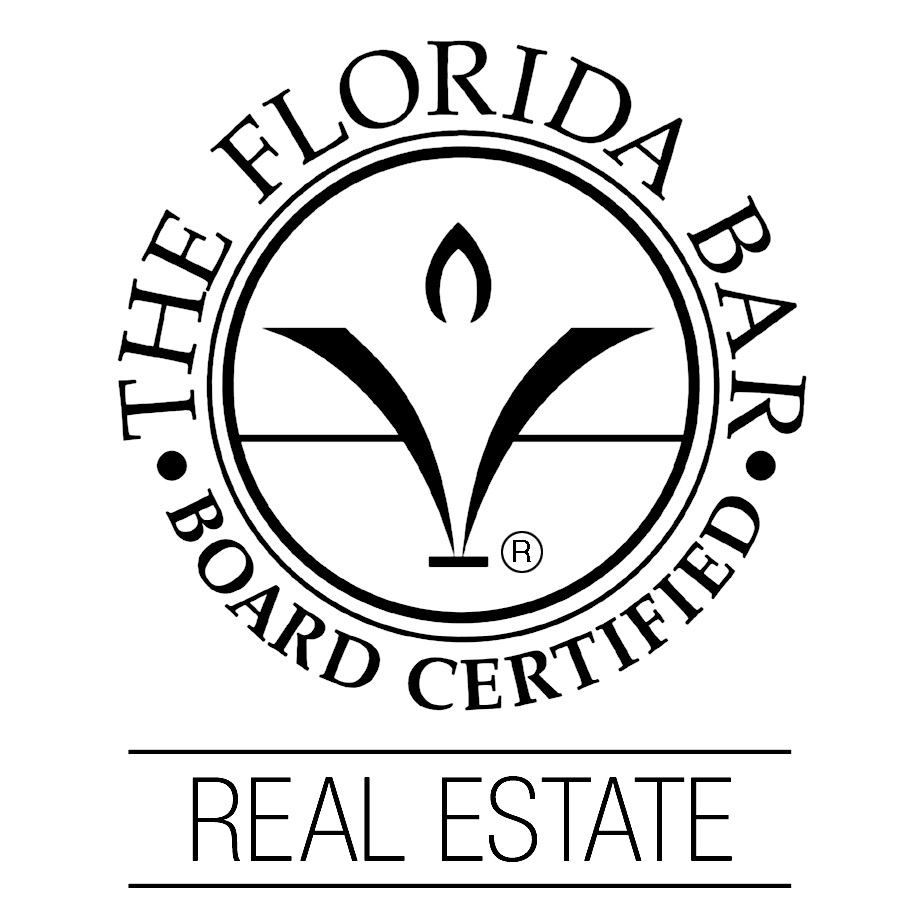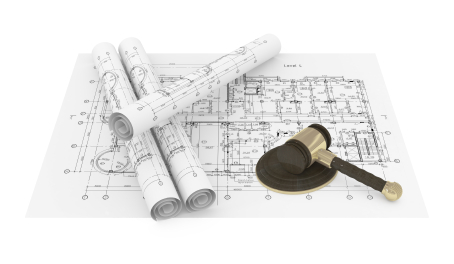Construction Liens in the Tampa Bay Area
A construction lien is a claim against privately owned real property for money owed for professional work that was substantially performed or completed to improve the property. Work means the provision of labor, materials or services. Improvements to real property include building, removing, altering or repairing a structure on the Florida property.

Who Can Claim a Lien?
Persons entitled to assert liens are:
- Contractors
- Sub-contractors
- Sub-sub-contractors
- Architects
- Landscape architects
- Interior designers
- Engineers
- Surveyors and mappers
- Suppliers of materials

Persons not entitled to assert liens are:
- Unlicensed contractors
- Sub-sub-subcontractors
- Suppliers of suppliers
- Anyone working on properly bonded projects
- Anyone working on government property
- Anyone who has not substantially performed or completed the work
- Anyone who has contracted directly with the owner and the cost of the improvements is $2,500 or less.
Notice of Commencement
This notice contains the legal description of the property and the names and addresses of the owner, contractor and surety. The work described in the notice must be done within 90 days of the date the notice is recorded. If the notice is properly recorded, all liens against the property date back to the date the notice was recorded, thereby making all construction liens equal in priority. If the notice was not properly recorded, liens will be given priority in the order in which they were recorded.
Notice to Owner
Subcontractors and suppliers, except those who have contracted directly with the owner, must serve a “Notice to Owner” and all parties listed in the Notice of Commencement. This notice must be served within 45 days of the date the materials and labor for the project were first provided but before the owner makes payment in full. In the absence of a Notice of Commencement, subcontractors and material men may serve the parties listed in the building permit application.
Claim of Lien
A “Claim of Lien” puts the owner on notice that there is a lien against the property. This form must contain the lienor’s name and address, the owner’s name, the description of the property, the dates the lienor began and ended the work and the lien amount. This amount may not include lost profits and damages caused by owner’s failure to pay. Lien claims must be recorded in the county of the real property within 90 days after the work is completed.
Lien Foreclosure Complaint
To execute upon a construction lien, the lienor must file a lien foreclosure complaint against the owner within one year from the date the Claim of Lien was recorded. This statute of limitations is shortened if the owner files a complaint requesting the court to order the lienor to explain within 20 days why the lien should not be enforced. The lienor usually complies with the court’s order by filing the lien foreclosure complaint. The owner can also file a “Notice to Contest” the lien. Doing so will automatically extinguish the lien if the lienor fails to file a lien foreclosure complaint within 60 days from service of the notice of contest.
Fraudulent Lien
A fraudulent lien cannot be enforced. The owner may claim that lien is fraudulent because the lienor:
- Willfully or was grossly negligent in exaggerating the lien amount;
- Included a claim for work that was not performed; or
- Admitted that he did not perform the work or the lien was against non-lienable items.
The fraudulent lien defense usually comes up when the owner disputes the completion of work. The defense may also arise when the lien amount is based on a dubious method of compensation or where the lien amount includes charges that were not permitted by the contract or change orders. A fraudulent lien may also entitle the owner to compensation from the lienor. Such compensation includes attorney’s fees, bond costs to discharge the lien, court costs and punitive damages equaling not more than the difference between the lien amount and the amount actually owed.
* The Clerk of Court in each county in Florida maintains that county’s property records. However, some counties have a separate “County Recorder” office. Lienors should make sure that their instruments are filed in the correct location.